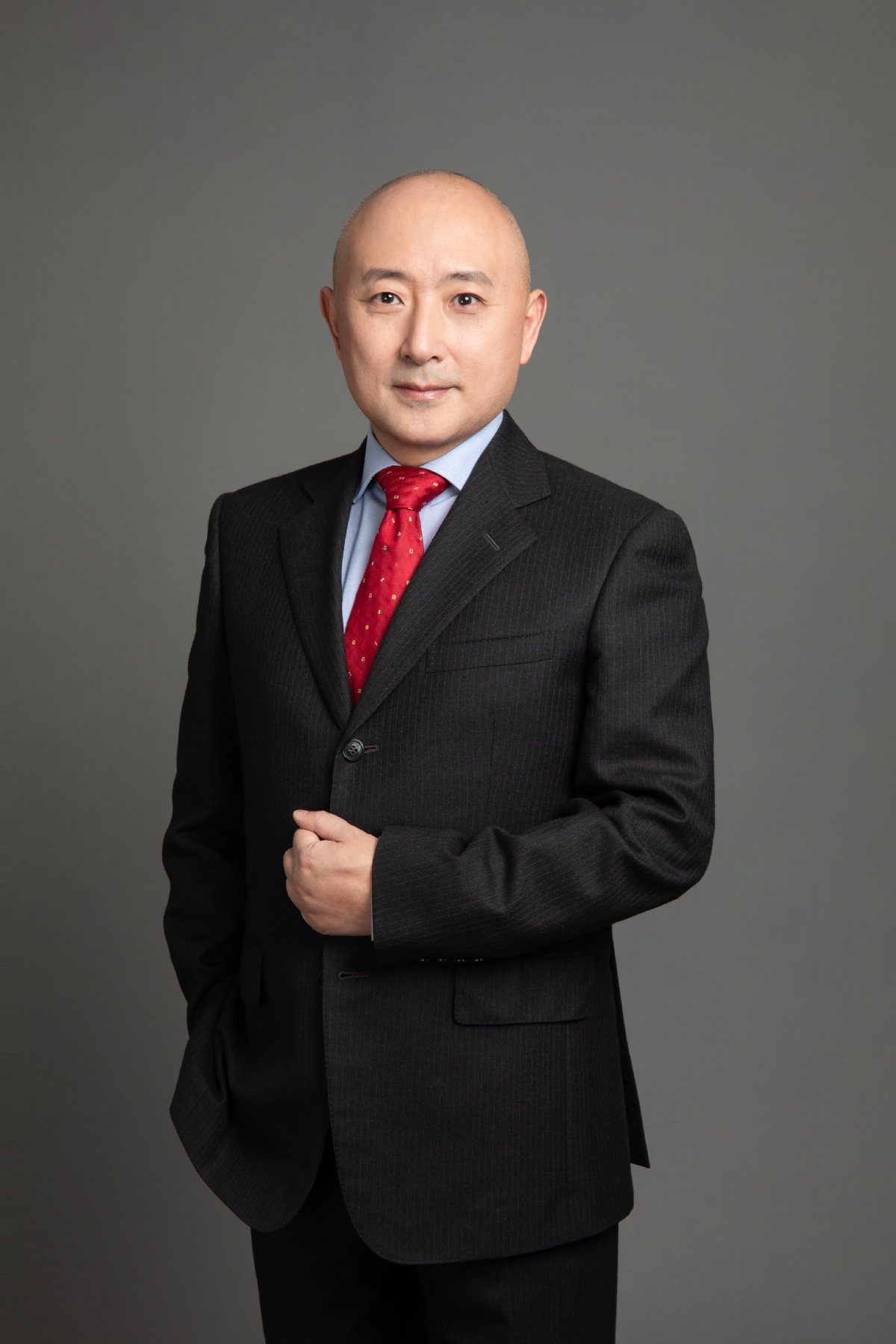Big name global manufacturers keen on 2023


Q4 This year marks the 45th anniversary of China's famed reform and opening-up policy. In this context, in which areas do you expect more progress? How is your business likely to benefit?
DING: We welcome China's continuous efforts toward reform and opening-up. 3M has benefited from the steadily improved business environment. This includes significant progress on IP protections, which will facilitate market access for many products. Today, as the world recovers and rebuilds, we need even stronger collaboration among all sectors of society across the globe. And the pandemic has reinforced the power of science to solve tough challenges. As a science company, 3M is using our capabilities to advance worker safety, empower consumers, strengthen health care, and reshape the future of transportation and manufacturing through wider collaboration with all our stakeholders.
YU: Honeywell has a long history in China that dates back to 1935 when it established its first franchise in Shanghai. During former US president Richard Nixon's China visit in 1972, Honeywell UOP was the only company in its field selected and recommended to join economic exchanges between the two countries. Since China's introduction of the reform and opening-up policy, Honeywell's China business has been growing rapidly. Today, all of Honeywell's business groups have established a broad presence in China, with our Asia-Pacific headquarters being in Shanghai since 2003. With the famed policy having been adopted for 45 years, Honeywell will work closely with Chinese partners and customers to create a smarter, safer, healthier and more sustainable future.
Heinricht: In the past two decades, China has become the fastest-growing market for Schott. We have greatly benefited from support of local policymakers, for example, in overcoming difficulties during the pandemic, reducing taxes for innovative tech companies and offering business-friendly services and procedures. In China, our R&D center in Suzhou has further developed our glass to fit the needs of Chinese smartphone brands, such as Xiaomi and Vivo, and enabled them to launch innovative foldable smartphones in recent years.
ZHANG: As stated in the report to the 20th National Congress of the Communist Party of China, the Chinese government will continue to adhere to the principle of "deepening reform and opening-up", especially at the institutional level, to ensure that multinational enterprises enjoy equal treatment and an optimum business environment in the Chinese market. The new round of high-level opening-up measures pushed forward by China demonstrates the inclusiveness of the Chinese economy, and we have seen more opportunities for cooperation, innovation and growth with Chinese partners.
HOMMA: Panasonic has witnessed China's reform and opening-up, and always regards solving Chinese social issues as our own responsibility. In light of China's national conditions, we will continue to make contributions to China's modernization drive in three major business areas — health care and elder care, new energy vehicle components and intelligent manufacturing. Our business in China has reached 110 billion yuan ($16.3 billion) a year, accounting for 28 percent of Panasonic's global business scale. China has become the second-largest market next to Japan and has served as a very important market for Panasonic.


















